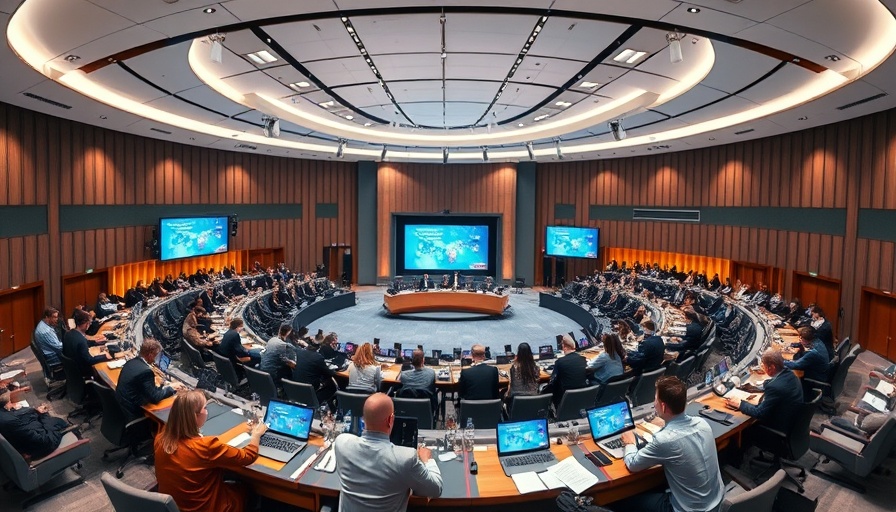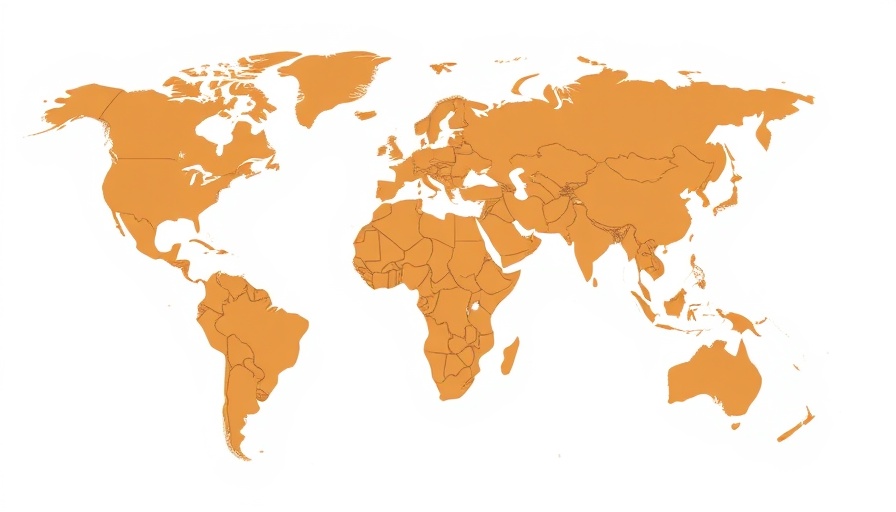
Unfolding the Future of Global Health: The WHO Pandemic Agreement
The first meeting of the Intergovernmental Working Group (IGWG) to discuss the WHO Pandemic Agreement marks a pivotal moment in global health governance. Scheduled for July 9-11, 2025, this hybrid event signifies a crucial step towards enhancing the world’s preparedness for future pandemics. The meeting will be live-streamed, allowing stakeholders from various sectors to engage with the proceedings actively.
Understanding the Context Behind the Agreement
In May 2025, the World Health Assembly took a significant leap by adopting the WHO Pandemic Agreement under Article 19 of its Constitution. This foundational charter aims to strengthen pandemic prevention, preparedness, and response mechanisms. The urgency of this agreement stems from the global challenges experienced during recent health crises, where rapid response was often hindered by bureaucracy and lack of streamlined processes.
The Role of PABS in Pandemic Preparedness
One of the key tasks for the IGWG will be the drafting and negotiation of an annex focused on the Pathogen Access and Benefit Sharing (PABS) system. This initiative seeks to foster a safe, transparent, and accountable exchange of pathogen materials and sequence information crucial for research and vaccine development. With international health crises on the rise, the ability to access shared data and biological materials can significantly influence response times and effectiveness.
Setting the Agenda: What to Expect at the Meeting
During the first IGWG meeting, participants will adopt the group's work methodology and outline a timeline leading to the Seventy-ninth World Health Assembly in 2026. Integral to this agenda will be the selection of co-chairs and vice chairs, ensuring experienced leaders guide discussions. Stakeholder engagement will also be prioritized, fostering collaboration between countries, health organizations, and researchers to ensure diverse contributions.
Potential Impact on Global Health Policies
The outcomes of this gathering promise to reshape health policies not just locally but globally. By focusing on improving the efficiency of pandemic responses, the WHO aims to mitigate the effects of future outbreaks through preemptive measures. Such structural changes may pave the way for more robust healthcare systems worldwide, essential in an age where global disease outbreaks are increasingly common.
Engaging the Public: Why This Matters to You
The WHO Pandemic Agreement and the work of the IGWG is not just a topic for health professionals; it directly affects everyone. As health crises can impact communities and economies worldwide, the outcomes of such meetings can inform local responses and preparedness strategies. Being informed about international health developments empowers individuals to advocate for better health policies and preparedness in their regions.
Steps to Stay Informed and Engaged
As the world navigates the complexities of health crises, it's essential to stay informed about global health updates. Sign up for alerts from international health organizations, participate in community discussions, and advocate for sustainable health initiatives in your area. Taking small steps towards understanding these intricate health issues enables collective resilience.
Conclusion: A Call to Action for Global Health
As we await the developments from the IGWG's first meeting, it's important to recognize that global health is a shared responsibility. Engaging with these issues, whether through advocacy, education, or participation in discussions, can empower communities worldwide. Let’s take steps together to support healthier futures.
 Add Row
Add Row  Add
Add 




 Add Row
Add Row  Add
Add 

Write A Comment